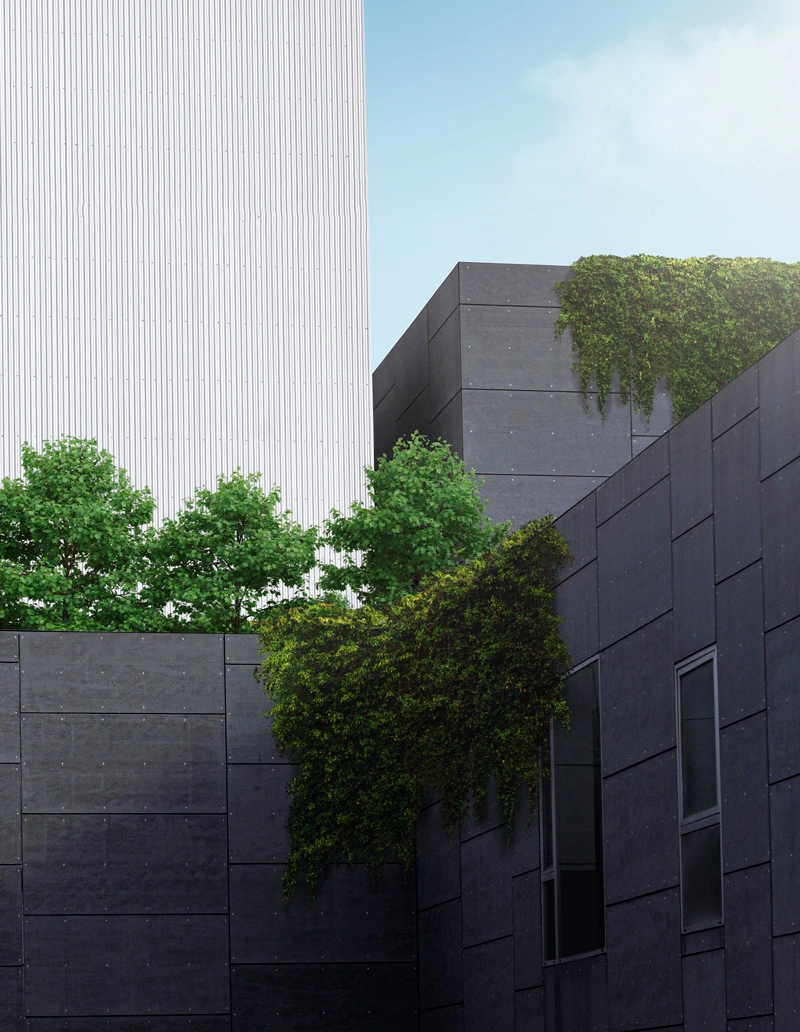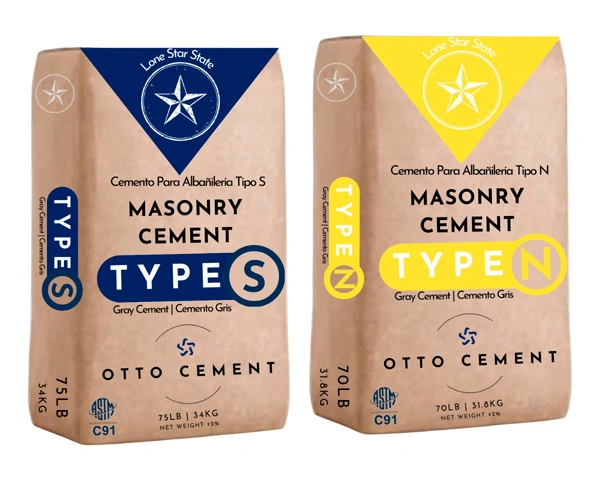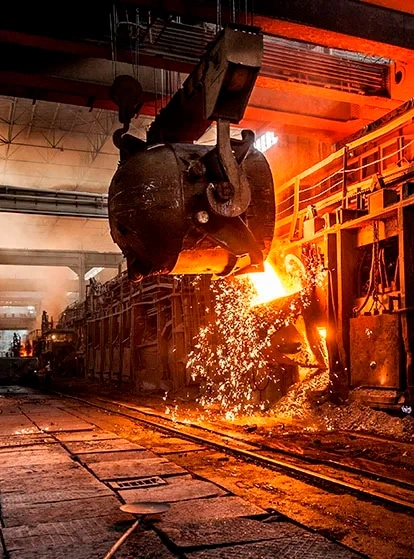Portland White Cement, Gray Cement, CAC Cement, Cementitious Products & More!
Gray Cement
Gray Portland Cement
Known for its strength and longevity, Portland gray cement is a foundational material in concrete production. It’s ideal for structural applications:
Bridges
Roads
Residential projects
Infrastructure
High-rise buildings

Limestone Gray Cement
This eco-friendly option reduces carbon emissions while providing excellent workability and finish. It’s perfect for:
Residential projects
Decorative concrete
Precast elements

Masonry Gray Cement
Perfect for brick and block work, masonry cement offers superior adhesion and durability, making it essential for:
Walls
Facades
Outdoor structures
Bricklaying
Blockwork
Stonework
Stucco
White Cement
The White Cement, available in both Portland White Cement (CEM I 52.5N) and Portland Limestone Cement (CEM II/B-L 42.5N) variants, offers exceptional quality and versatility for a wide range of applications:
PORTLAND WHITE CEMENT
This high-strength variant is ideal for projects requiring superior performance and durability. It is commonly used in:
Prestigious architectural projects demanding the highest aesthetic standards.
White cement offers unparalleled brightness and versatility for decorative and architectural applications. Discover its full potential for your next project by clicking here.
PORTLAND LIMESTONE CEMENT
Offering a balance between performance and sustainability, this variant is suitable for a variety of applications, including:
CAC Cement
CAC (Calcium Aluminate Cement) is a specialized type of cement renowned for its unique properties and applications. It is composed primarily of calcium aluminate compounds and offers several advantages in various construction and industrial applications. The key features include:
High Temperature Resistance
CAC Cement exhibits exceptional resistance to high temperatures, making it suitable for applications in refractory linings, kiln coatings, and other high-temperature environments.
Rapid Setting
CAC Cement has a rapid setting time, allowing for quick installation and repair of refractory materials, concrete, and other structural elements.
Sulfate Resistance
Due to its low sulfate content, CAC Cement offers excellent resistance to sulfate attack, making it suitable for use in marine environments, sewage systems, and other aggressive chemical environments.
High Strength and Durability
CAC Cement provides high early strength and long-term durability, ensuring the structural integrity and performance of concrete and refractory installations.
Specialized Applications
CAC Cement is commonly used in specialized applications such as industrial flooring, rapid repair mortars, and high-performance concrete mixes.
Calcium aluminum cement offers rapid setting, high-temperature, and chemical resistance. Explore its uses in refractories and rapid repairs here.
Frequently asked questions
When should I choose Type S vs Type N masonry cement?
When deciding between Type S and Type N masonry cement, the primary factors to consider are the project’s structural requirements and exposure conditions. Both are available as bulk cement or bagged products, often containing bulk portland cement.
Choose Type S masonry cement for projects requiring higher strength and durability. With a compressive strength of approximately 1,800 psi, Type S cement is ideal for applications at or below grade, such as foundations, retaining walls, manholes, and exterior walls subjected to significant pressure from soil or wind. Its composition provides excellent bond strength, making it suitable for load-bearing structures.
Conversely, opt for Type N cement for general, above-grade masonry work where high strength is not critical. With a compressive strength of around 750 psi, it is well-suited for non-load-bearing exterior and interior walls, chimneys, and work with softer stone or historic brick where a less rigid mortar is beneficial.
How should bulk cement be stored?
Storage silos must be completely watertight and airtight. Any moisture ingress will cause the masonry cement to hydrate, forming lumps and leading to significant strength loss. This renders the material unusable for its intended purpose.
Furthermore, it is essential to have separate, clearly identified silos for different materials, such as Type S cement and other admixtures. This practice prevents cross-contamination and ensures the correct type of cement is loaded for each project, guaranteeing the specified performance and structural integrity of the masonry work.
What’s the difference between masonry cement and mortar cement?
Mortar cement, specified by ASTM C1329, must meet higher bond strength requirements and has a lower allowable air content compared to masonry cement (ASTM C91). This composition gives mortar made with mortar cement superior adhesive and structural capabilities. For this reason, specifications for projects in high-wind or seismic regions, or for structurally critical masonry, will often require the use of mortar cement over a standard Type S masonry cement or Type N cement.
How do you handle the 'Bulk Portland cement' deliveries?
Whether the delivery is for standard Portland cement or specific products like Type S masonry cement or Type N cement, these checks are critical. Once confirmed, the masonry cement is pneumatically conveyed into the appropriate, clearly marked silo. On-site, automated systems often move the Type S cement or other products from these main silos to smaller buffer silos for efficient use in production.
What are typical use cases for Type N vs Type S?
For general, above-grade applications, Type N cement is the preferred choice. It offers good weather resistance and is widely used for residential construction, including brick veneers and exterior, non-load-bearing walls.
In contrast, Type S masonry cement is specified for projects requiring higher strength and durability, particularly in areas with significant moisture or soil pressure. The superior strength of Type S cement makes it essential for foundations, retaining walls, patios, and sewer applications. Both types of bulk cement, often derived from bulk portland cement, are formulated to provide the necessary performance for these distinct use cases, ensuring longevity and stability.



